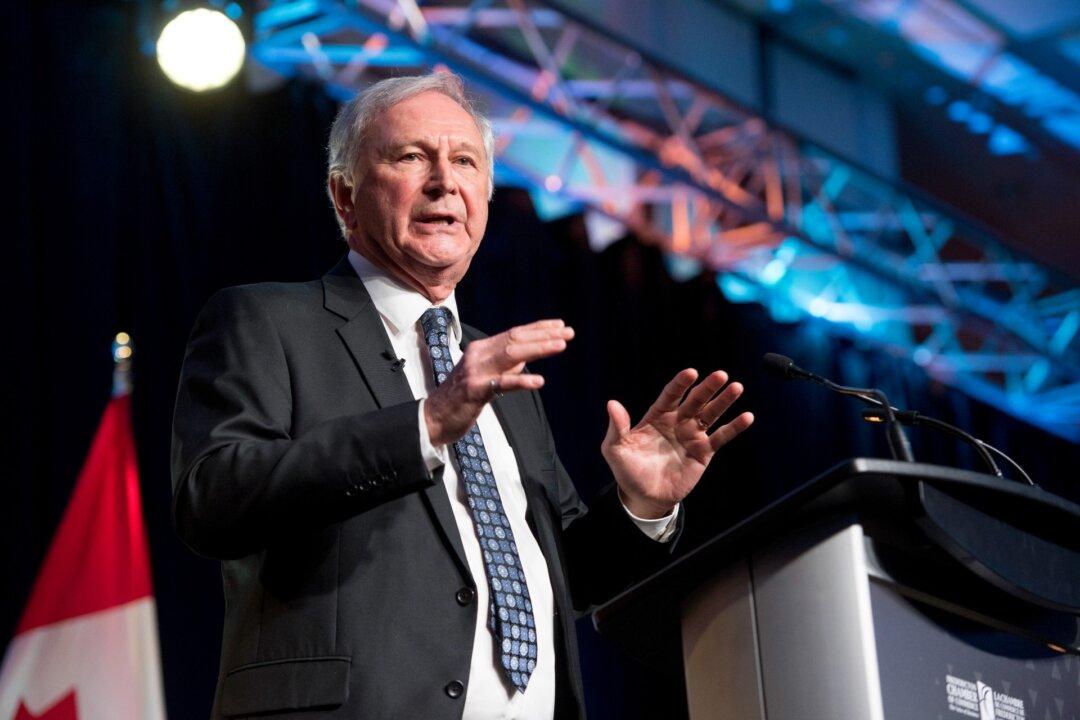OTTAWA—New Brunswick Premier Blaine Higgs says he didn’t expect his government’s changes to sections of its school gender identity policy concerning pronouns would result in other premiers following suit. He said his intention was to “do what’s right” for families.
“No, I didn’t imagine it would be such a controversial issue, because it seems like such a basic fundamental principle that we all cherish,” Mr. Higgs said during a fireside chat at the annual Canada Strong and Free Conference on April 11.





